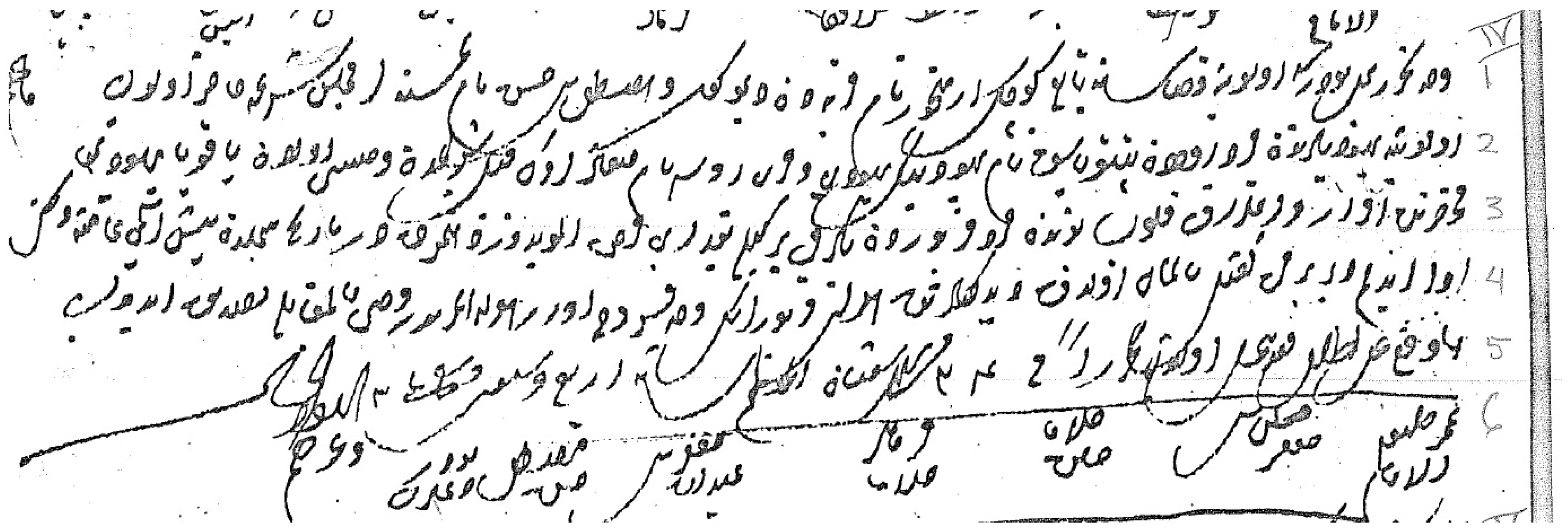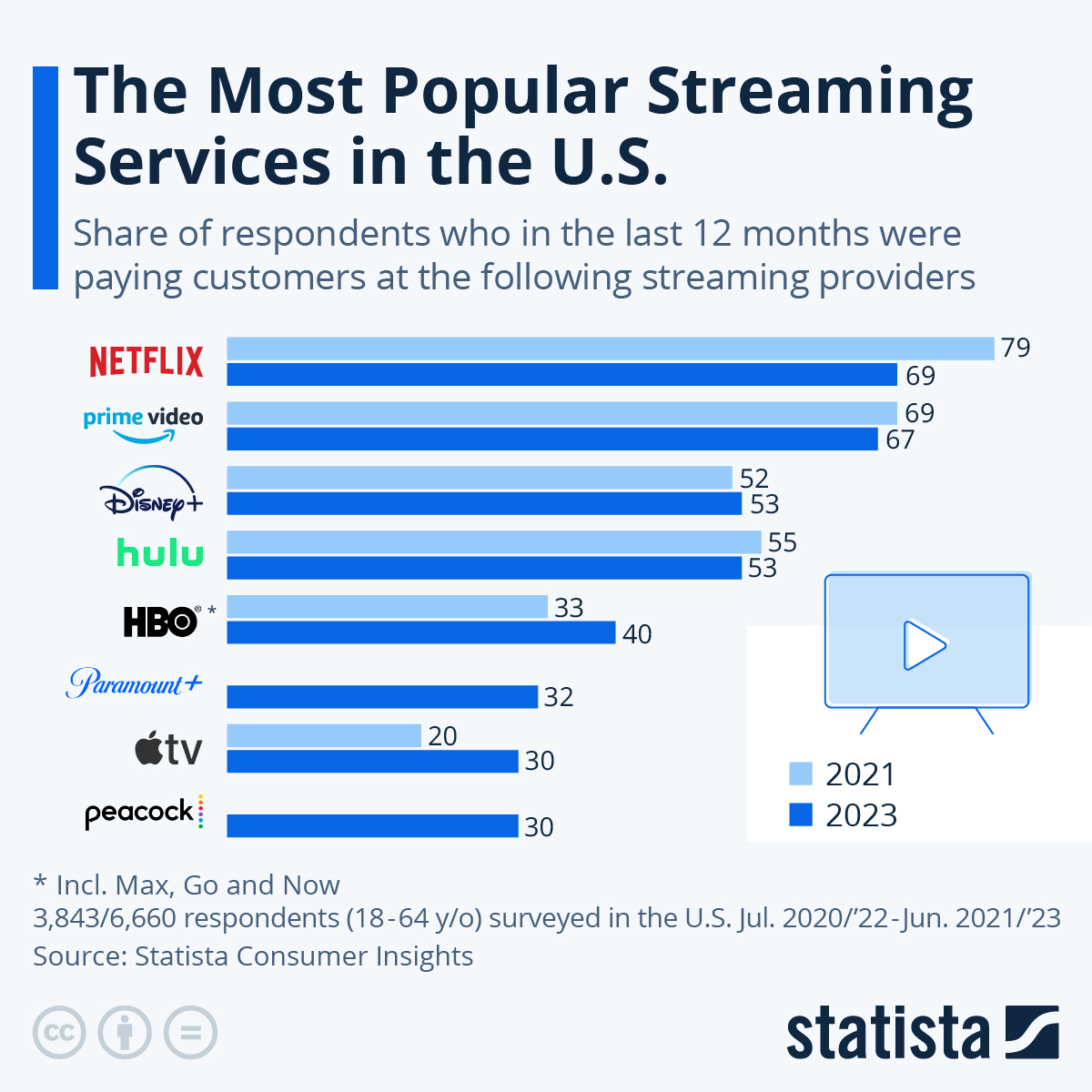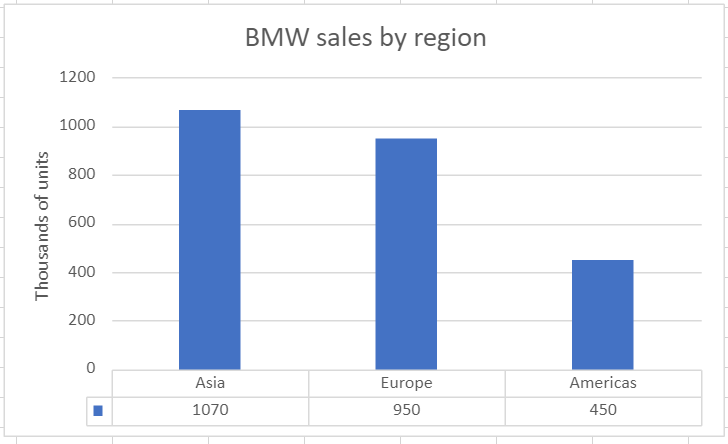The Price Of Perfection: How To Determine Your Watch Budget

Table of Contents
Assessing Your Overall Financial Situation
Before diving into the dazzling world of watch brands and models, a realistic assessment of your finances is paramount. Understanding your disposable income is crucial for responsible budgeting for a luxury watch.
Current Income and Expenses
Tracking your monthly income and expenses provides a clear picture of your financial health. This involves meticulously listing all sources of income and then subtracting your regular outgoings. This process reveals how much money you have available for discretionary spending, including a luxury watch purchase. It's vital to be realistic and honest; don't underestimate your expenses!
- Common Expenses to Consider:
- Rent or mortgage payments
- Utility bills (electricity, water, gas)
- Groceries and food expenses
- Transportation costs (car payments, fuel, public transport)
- Debt repayments (loans, credit cards)
- Insurance premiums
- Entertainment and leisure activities
A thorough understanding of your spending habits allows you to determine a realistic amount you can allocate to a luxury watch without jeopardizing other financial goals. Remember, budgeting for a luxury watch is about responsible spending, not reckless indulgence. Managing your watch budget effectively means prioritizing your financial health.
Existing Debt and Savings
High levels of debt can significantly restrict your ability to afford a luxury watch. Before making a purchase, assess your current debt burden – credit card balances, loans, etc. High debt payments reduce your disposable income, impacting your ability to comfortably afford a luxury watch.
- Consider these points when evaluating debt:
- Debt-to-income ratio: This ratio measures your debt payments relative to your income. A high ratio indicates a higher financial risk.
- Minimum payments: Ensure you can comfortably meet minimum payments on existing debts while still allocating funds to a watch purchase.
Your savings are another key factor. Ideally, purchasing a luxury watch shouldn't deplete your emergency fund. Having a financial safety net is crucial for unexpected expenses.
- Consider financing a watch? Weigh the pros and cons:
- Pros: Allows you to acquire a more expensive watch sooner.
- Cons: Incurs additional interest charges, potentially increasing the overall cost significantly.
Defining Your Watch Preferences and Needs
Once you've assessed your financial capacity, it's time to focus on your desires. The price of a watch is dramatically influenced by its features, brand, and style.
Desired Features and Functionality
The more features a watch offers, the higher its price tag. A simple quartz watch will cost considerably less than a complex mechanical chronograph with multiple complications. Consider which features are essential and which are simply desirable.
- Key features and their price impact:
- Automatic movement vs. quartz: Automatic movements are more expensive due to their intricate mechanisms.
- Precious metals (gold, platinum) vs. stainless steel: Precious metals significantly increase the price.
- Water resistance: Higher water resistance ratings typically translate to a higher price.
- Chronograph function: This adds complexity and cost.
- Complications: Additional features like moon phases, annual calendars, or perpetual calendars dramatically increase the price.
Determine your needs: Do you need a robust sports watch, an elegant dress watch, or a versatile everyday timepiece? Prioritizing your needs will help narrow down your options and refine your watch budget. Choosing the right watch is about understanding functionality as much as aesthetics.
Brand and Style Preferences
Brand recognition significantly impacts price. Established luxury watch brands command premium prices due to their heritage, craftsmanship, and exclusivity. Your preferred style (vintage, modern, sporty, classic) will also influence the price range.
- Examples of brands and their price ranges: (Note: Prices vary greatly depending on model and specifications)
- Entry-level luxury: Tissot, Hamilton, Seiko Presage
- Mid-range luxury: Longines, Frederique Constant, Tudor
- High-end luxury: Omega, IWC, Breitling, Rolex, Patek Philippe, Audemars Piguet
The materials and craftsmanship also contribute substantially to the price. Hand-finished movements, precious stones, and intricate designs significantly increase cost. Understanding these factors helps make informed choices that align with your budget.
Researching and Comparing Prices
With a clearer understanding of your financial situation and preferences, it’s time for thorough research.
Utilizing Online Resources and Retailers
Numerous online resources and retailers offer information on watch prices. Reputable online retailers provide detailed specifications and images, facilitating informed comparisons. Watch forums and communities provide valuable insights from experienced enthusiasts.
- Reputable Online Retailers: (Note: Always verify authenticity before purchasing)
- Jomashop
- Chrono24
- Bob's Watches (specializing in pre-owned)
Always check reviews and ensure the retailer's legitimacy before making a purchase. Comparing prices across multiple vendors ensures you get the best possible deal. Using watch price comparison websites is also beneficial for finding the best deals on your desired model.
Considering Pre-Owned or Vintage Watches
Buying pre-owned or vintage watches can offer significant cost savings. However, thorough inspection is crucial. Authenticity verification is paramount to avoid purchasing counterfeit goods. A reputable dealer can provide this assurance.
-
Advantages of pre-owned/vintage watches:
- Lower price compared to brand-new models.
- Access to discontinued or rare models.
-
Disadvantages of pre-owned/vintage watches:
- Potential for wear and tear.
- Need for careful inspection or use of a reputable dealer to avoid counterfeits.
Conclusion
Determining your watch budget is a crucial step in acquiring your dream timepiece. By carefully assessing your financial situation, defining your watch preferences, and researching prices thoroughly, you can confidently make a purchase that balances aspiration and affordability. Remember to consider all options, including pre-owned or vintage watches, to maximize value within your budget. Don't compromise on quality, but find the perfect balance to enjoy the satisfaction of owning a beautiful timepiece without financial strain. Start planning your dream watch purchase by determining your realistic watch budget today!

Featured Posts
-
 Alien Arrival Assessing Humanitys Chances
May 27, 2025
Alien Arrival Assessing Humanitys Chances
May 27, 2025 -
 Emegha To Chelsea Transfer Talks Confirmed
May 27, 2025
Emegha To Chelsea Transfer Talks Confirmed
May 27, 2025 -
 What The Tech Top Streaming Services For Movie Buffs
May 27, 2025
What The Tech Top Streaming Services For Movie Buffs
May 27, 2025 -
 American Music Awards Jennifer Lopez To Take The Stage As Host In May
May 27, 2025
American Music Awards Jennifer Lopez To Take The Stage As Host In May
May 27, 2025 -
 Aide Financiere Pour Regularisation De Charges A Saint Ouen Jusqu A 2000 E
May 27, 2025
Aide Financiere Pour Regularisation De Charges A Saint Ouen Jusqu A 2000 E
May 27, 2025
Latest Posts
-
 The China Market Headwinds For Bmw Porsche And Beyond
May 29, 2025
The China Market Headwinds For Bmw Porsche And Beyond
May 29, 2025 -
 Southwest Airlines Will Ending Free Bags Impact On Time Performance
May 29, 2025
Southwest Airlines Will Ending Free Bags Impact On Time Performance
May 29, 2025 -
 Chinas Impact On Bmw And Porsche Sales Are Other Automakers Facing Similar Issues
May 29, 2025
Chinas Impact On Bmw And Porsche Sales Are Other Automakers Facing Similar Issues
May 29, 2025 -
 Increased Rent After La Fires Are Landlords Price Gouging
May 29, 2025
Increased Rent After La Fires Are Landlords Price Gouging
May 29, 2025 -
 Russia Denounces Trumps Putin Criticism As Emotional Outburst
May 29, 2025
Russia Denounces Trumps Putin Criticism As Emotional Outburst
May 29, 2025
